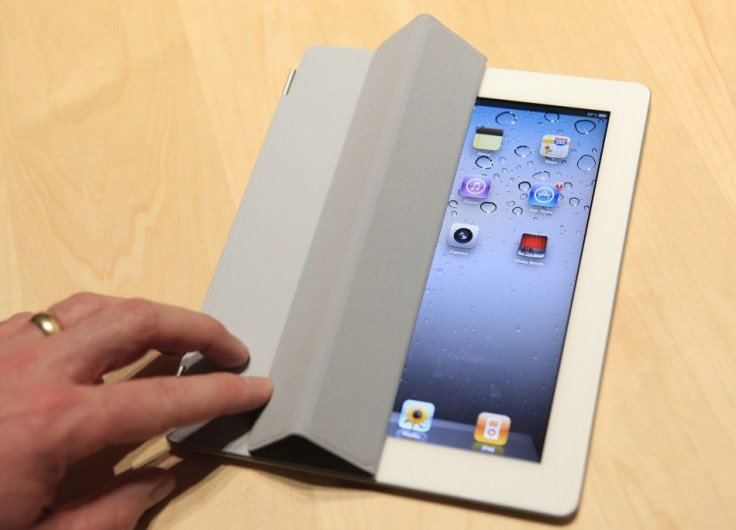Despite Windows 8, Tablet Market Very Much Apple's

Microsoft is taking aim of breaking into the post-PC market, where tablets and smartphones dominate, but that market will belong to Apple -- at least for the time being.
The Redmond-Wash. based company rolled out developer versions of its anticipated Windows 8 operating system this week, hoping to blur the lines between the traditional computer and mobile devices with its new redesigned software.
But observers are expecting the tablet market, at least, to very much remain Apple's party, with all indications that the iPad will continue to dominate the market.
Analysts have already shut down rumors of an upcoming iPad 3, given the dominance the current model has over the market.
There's no rush, according to Mark Moskowitz, seeing that competitors have stumbled.
He notes that Motorola Mobility's Xoom tablet, has not exhibited much in the way of meaningful market penetration and that Research in Motion said this week that it shipped only 200,000 PlayBook tablets in the August-ending fiscal Q2.
There are prototypes [of the iPad 3] in the supply chain related to the next-generation device, but our conversations with industry participants suggest that a new device will not be available until sometime in C2012.
Windows 8
Microsoft wants its new Windows 8 platform will keep the company relevant as it moves into a more PC-hostile future, said observers.
Sanford Bernstein's Mark Moerdler concluded from the presentation that Windows 8 provides both defense and offense, as it may limit cannibalization of PCs by tablet computers. Not only that, it will help bring Microsoft into the tablet world in full force, a space that has thus far been dominated by Apple and Google's Android platform.
We are encouraged by the capacities of Windows 8 -- high compatibility between ARM and x86, and high backward compatibility, writes Moerdler, referring to traditional PC processors, and new, low-powered mobile processors.
We believe this backs up our thesis that tablet cannibalization is manageable, he added.
The Redmond, Wash.-based software company has been feeling the pressure of tablet and other low-powered devices like smartphones, which give users plenty of capability without relying on the Windows platform -- Microsoft's bread and butter.
Microsoft, whose software still runs more than 90 percent of personal computers, needs the new system to appeal consumers who have been moving away from PCs.
PC growth is on pace to total 364 million units in 2011, a 3.8 percent increase from 2010, according a forecast by IT research and advisory company Gartner. But the growth for both 2011 and 2012 has been reduced from previous projections: from 9.3 percent growth for 2011 and from 12.8 percent growth for 2012.
Media tablets have dramatically changed the dynamic of the PC market, said George Shiffler, research director at Gartner.
While PCs remain important to consumers and businesses, purchases can be easily delayed, especially when there are complementary devices that are seen to be more attractive.
This is moving dollars away from Microsoft, and to companies like Apple, who's iPad is expected to dominate over 60 percent of tablet sales in 2012.
More worrisome for the long term is that Generation Y has an altogether different view of client devices than older generations and are not buying PCs as their first, or necessarily main, device, added Ranjit Atwal, research director at Gartner.
Windows 8 was built from the ground up to power not only PCs, but also tablets and other touchscreen-enabled devices. It uses less memory than Windows 7, making it portable, and has the ability to instantly boot up.
Morgan Stanley analyst Adam Holt said the apps and performance were impressive, and the prototype showcased and improvement in touch, boot times, memory usage, speed, and battery life.
Windows 8 is expected to position Microsoft better the take advantage of the shift. Tablet makers are expected to start selling products offering the OS by the middle of next year at the earliest.
Windows 8.0 should represent not only an upgrade cycle, but also an opportunity to garner success in other form-factors such as tablets, said Neil Herman of Ticonderoga Securities.
© Copyright IBTimes 2025. All rights reserved.





















